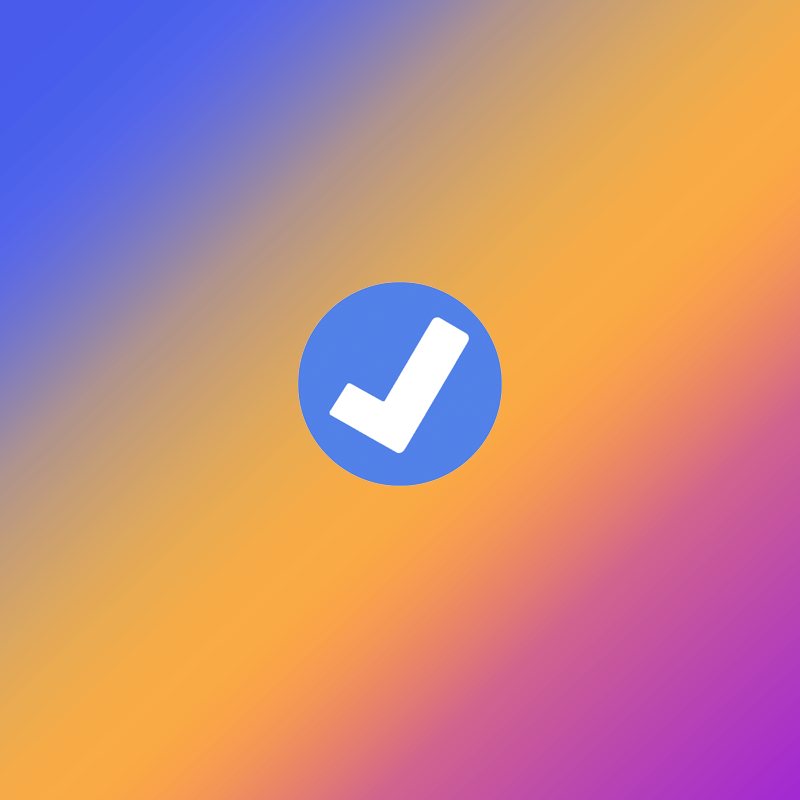Facebook has recently updated their guidelines for verification and they have tried to be as transparent as they can. Facebook has reiterated twice in it’s statement that verification does not mean an endorsement from Facebook.
“We verify accounts that are featured in multiple news sources. We don’t consider paid or promotional content as news sources.” said Facebook.
So what are these new guidelines? Let’s take a look
- Your account must represent a real person, registered business or entity.
- Your account must be public and have a bio, profile picture and at least one post. Your profile can’t contain “add me” links to other social media services.
- Your account must be the unique presence of the entity it represents. Generally, one account per entity may be verified, with exceptions for language-specific accounts. We don’t verify general interest accounts.
- Your account must represent a well-known, highly searched for individual, brand or entity. We review accounts that are featured in multiple news sources. We don’t consider paid or promotional content as sources for review.
The 4th point is the most tricky one here. You need to be a well-known, highly searched for individual or entity. Highly searched for can be subjective since there is no actual measurement on how many searches are required and in which time frame. So, you have to kind of take Facebook’s word for it. If you think you are a popular celebrity but Facebook thinks otherwise, you will not get verified. It doesn’t matter what you or your thousands of followers think.
( Related: 5 Reasons Why Reddit is Better than Facebook )
Here is the Facebook Verification Form where you can submit your application for Facebook Verification.
Blue verified Facebook accounts are subject to the risks of accounts getting hacked.
Facebook said in a statement, that verified account holders are recommended to enable two-factor authentication.
Read more about on how to enable two-factor authentication

